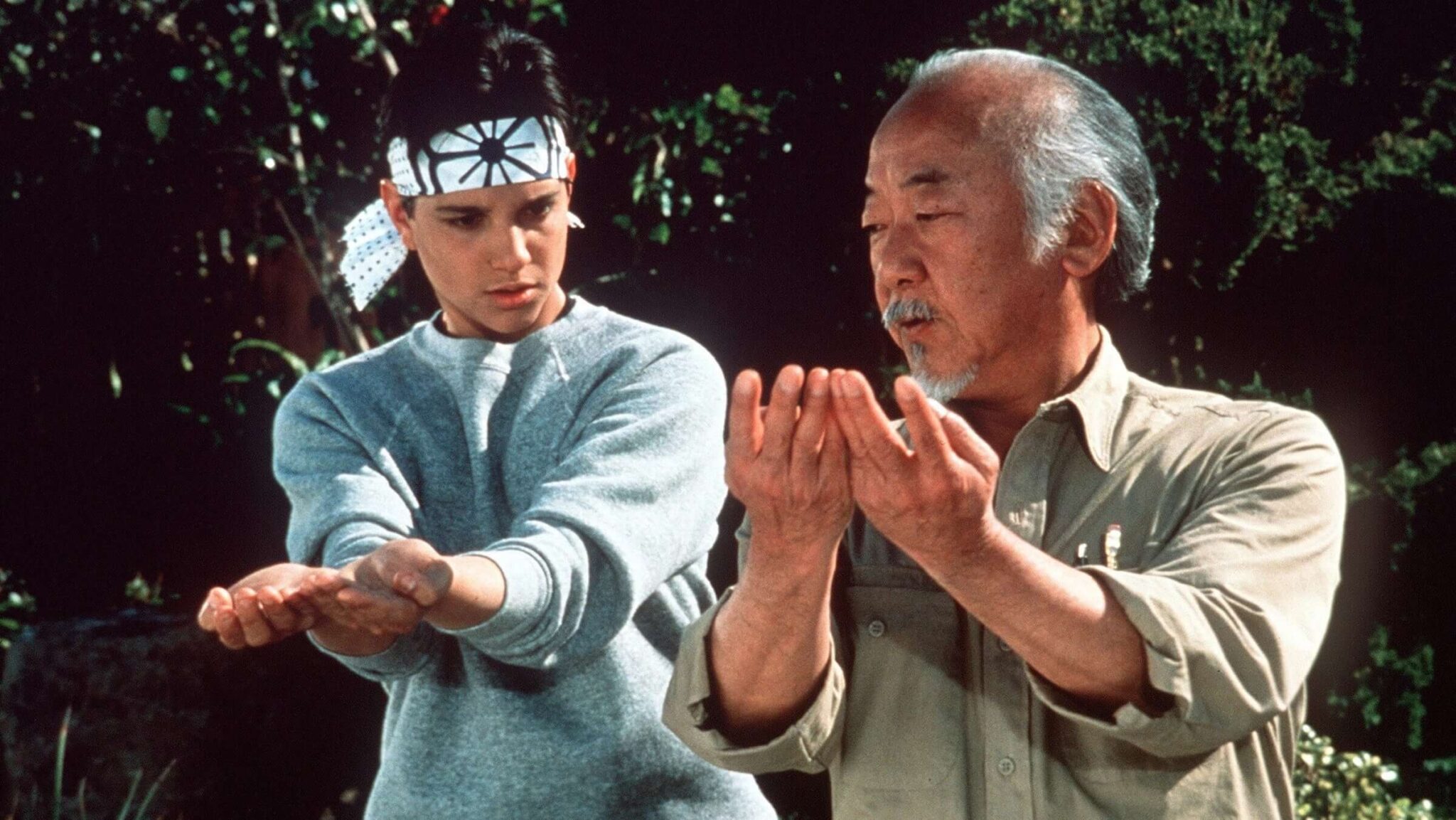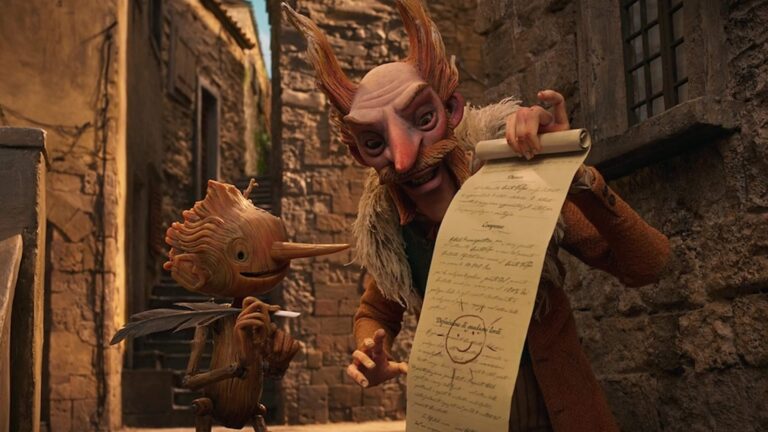Craft Questions With Drama Contest Runner-Up Clifton Koons II

We sat down with Clifton Koons II, ScreenCraft’s Drama Contest Runner-Up, and talked about his winning script, Second Childhood, and the overall craft of screenwriting. Second Childhood is a bracingly original drama with cinematic flair and an unforgettable central character arc. It centers on a famed, spiraling children’s story author who, to get over her mother’s death and save her career, checks herself into an experimental rehab center that recreates her childhood with actors and trickery, but struggles to survive the treatment, with only a psychotic patient and her fictional animal characters by her side.
1) What is your writing process and how long have you been writing?
I’ve been writing ever since I was a kid. Growing up, my love for writing grew as I wrote short horror stories and shared them with my friends and family around the campfire, and a little later in life, I wrote lyrics for a punk rock band, in which I was the singer and bassist. Eventually, I set out to obtain a bachelor’s degree in English to improve my craft as well as explore a variety of mediums. I started with fiction and poetry and eventually moved on to playwriting due to my love for dialogue.
After getting the chance to see my own original play, Buh Bye, Rupert, produced on the stage, I fell in love with seeing actors and actresses acting out what I wrote and saying my dialogue for an audience to hear, especially after witnessing my family members in the audience cry for the characters that I created. I wanted more! I wanted to see my written work up on the big screen and to emotionally affect a larger audience. So I moved on to screenwriting. I minored in screenwriting during my undergrad and eventually earned a Master of Fine Arts degree in Creative Writing: Screenwriting/Fiction.
As for my writing process, I typically write about ten to twenty loglines and then ask my fellow screenwriters to choose their top three favorites. The most liked logline wins, and I spend some time ensuring that logline is as solid as possible to ensure that my script contains a fully realized protagonist with a clear want, fear/flaw, and need as well as a simple, yet engaging throughline.
In order to avoid having to undergo endless rewrites, I spend a great deal of time working on a detailed outline. The more detailed, the less time it takes me to write the actual script, and more often than not, the fewer rewrites needed upon completing the first draft. It’s astronomically easier to make changes in the logline/outline stage of writing than it is to tear apart a fully written script. Those seemingly small holes in your outline can quickly turn into canyons in your screenplay.
2) How have you honed your craft since you began and what resource or activity has been the most helpful in that regard?
I honed my screenwriting craft a great deal for six years in college. There’s nothing better than having a group of fellow screenwriters, professional or not, to critique your work on a regular basis, especially since I tend to write scripts of such a bizarre nature. They’re always there to tell me when I’ve pushed the envelope too far or not enough. I’m extremely thankful for all of my screenwriting teachers, who continue to push me to do better and have really taken me under their wing.
There are also plenty of fantastic resources and activities outside of college that I enjoy and highly recommend as well. For example, reading as many scripts and watching as many movies as possible is always beneficial. It’s nearly impossible to create something new and original if you don’t know what’s already been done. Listening to John August and Craig Mazin’s podcast on screenwriting, ScriptNotes, is like free film school, and I continue to listen to and watch as many interviews as I can, old and new, with some of my favorite screenwriters.
In regards to the actual writing process, I’m a firm believer in never spending too much time stuck in the rewrite stage. Far too many screenwriters spend years attempting to polish a single script rather than moving on to the next one. I find that every script I write is better and does better than the last one. You learn from your mistakes, and with each script, you learn how to avoid them, whittling away all of your bad habits and bad ideas one by one.
3) What was the genesis of Second Childhood? How many drafts have you done and how much has the story evolved? Having multiple contest finalist placements and wins under your belt now, any advice you would offer screenwriters about potentially entering screenplay competitions?
While contemplating my next script idea during a relaxing bubble bath à la Dalton Trumbo, I imagined a talking bunny rabbit in a tux sitting on the toilet beside me, horrified by a Grim Reaper-like demon pounding on the bathroom door trying to eat us both. Then I imagined myself as the protagonist of this soon-to-be script and asked myself, “Why on earth is this character seeing a talking rabbit on his or her toilet?!” Then it hit me! She’s a children’s author, stricken with grief and writer’s block due to her mother’s recent death. Her life’s spiraling out of control. She’s on hallucinogens and talking with one of her characters to help her write her next book. Then I wondered, “How does one spark their imagination and regain a sense of childlike wonder during such a tragic time in their life?” Answer? Relive their childhood as an adult. I just kept pushing the idea forward like a snowball down a snowy hill until I concocted the crazy script that is Second Childhood. After an extensively revised logline, a highly detailed and endlessly scrutinized outline, numerous revisions, and some nitpicking, I forced myself to stop tampering with it and sent it out.
As for advice to those entering screenwriting competitions, stand out and make an impression on the page! Give your reader an experience that they can never forget! Ensure that your script is the one out of thousands that would lodge into the brain of any reader like an internal tick with Kung Fu Grip and force them to continue thinking about it while they’re in bed sleeping at night or make them bring it up during a dinner party because they just can’t get it out of their head.
4) What kind of stories are you drawn to tell? Favorite genre? What other projects do you have besides Second Childhood?
I love to write and try all genres as long as the story’s weird and harbors some kind of original, bizarre twist like those seen in Black Mirror, The Twilight Zone, or anything written by Charlie Kaufman or M. Night Shyamalan. I’m currently working on a sci-fi heartbreak story that’s sort of like a mix between The Lobster and The Hunger Games, and I even have an unconventional comedy waiting to be written in my ever-expanding vault of loglines, along with countless horror and drama features. My favorite genres at the moment are drama, horror, surrealism, and absurdism. Of course, I do tend to lean towards darker, edgier material. I have a variety of other scripts already written ranging from a feature drama called Tabloid Theater about a performance artist willing to risk his life for fame to a noir thriller called Kink about a family man with a secret lust for life-threatening situations, who teams up with a gang of criminal kinksters willing to do anything for a rush, especially if it’s dangerous and illegal.
5) What’s the best operating principle or piece of advice on screenwriting you’ve ever gotten?
One of my first screenwriting teachers gave me some of the best advice that I continue to utilize and instill in my own writing today. She said, “Always keep the reader in mind.” It’s easy to create a scene with a character exhibiting an emotion, whether they’re bawling their eyes out or scared for their life, but it’s even better if you can elicit such emotions within the reader. Just because someone’s crying on the page, doesn’t mean the reader will do the same. It’s far more rewarding for both the reader as well as the writer to manipulate the reader’s emotions. Hence, the phrase “emotional rollercoaster.” Don’t just tell a story and expect anyone to care about it. Give the reader an experience! Put them through just as much emotional turmoil as your characters, and oddly enough, they’ll thank you for it.
6) Who are your writing influences?
Stephen King inspired me to write as a young boy and got me into horror. As I got older, screenwriters Charlie Kaufman (Eternal Sunshine of the Spotless Mind), Yorgos Lanthimos (Dogtooth), and Gaspar Noé (Enter the Void) taught me that genres other than horror could shock viewers and tell strange tales in a unique way. Aaron Sorkin (The Social Network), Martin McDonagh (In Bruges), Quentin Tarantino (Pulp Fiction), Guy Ritchie (Snatch), and Shane Black (Kiss Kiss, Bang Bang) made me fall in love with dialogue and how one could have characters seemingly talk about nothing, yet reveal so much about their character purely through subtext, dialect, and their word choice. Alejandro González Iñárritu (Birdman) and playwrights Tracy Letts (August: Osage County) and Rajiv Joseph (Bengal Tiger at the Baghdad Zoo) helped spark my curiosity and love for exploring the complexity of human nature and specific, yet oddly universal themes through the written word.
7) What are your short-term and long-term goals in the industry? What have you been able to do in your career so far and what would you like to do next?
Like briefly mentioned above, I’m currently working on a new script that’s a sci-fi heartbreak story, which I hope to complete in time to compete in this year’s round of screenwriting competitions as well as to send out to all of the amazing managers, agents, producers, directors, etc. that I’ve come in contact with thanks to ScreenCraft, as well as my recent placement on the BloodList, the annual list of the most liked dark genre screenplays of the year.
I’ve done written work for Lionsgate, had my original stage play, Buh Bye, Rupert, produced, continue to receive high placement in various screenwriting contests, and published a number of poems in a variety of literary magazines. I currently teach English, history, and screenwriting in Los Angeles, California, and I’m actively seeking an amazing literary manager to aid in my mission to get as many feature spec scripts out into the world as possible as well as obtain some writing assignments along the way.
For all the latest ScreenCraft news and updates, follow us on Twitter, Facebook, and Instagram.
Tags
Get Our Screenwriting Newsletter!
Get weekly writing inspiration delivered to your inbox - including industry news, popular articles, and more!



























